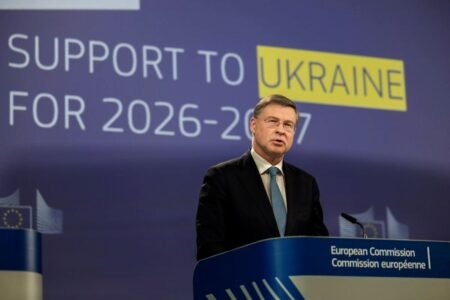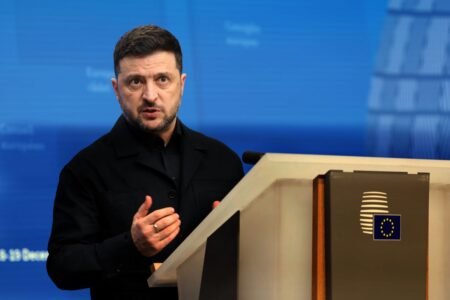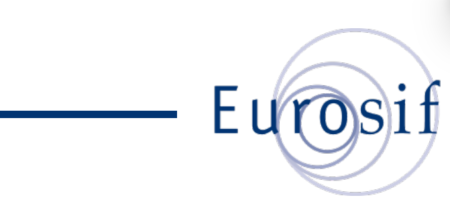(LUXEMBOURG) – The EU’s action plan to combat disinformation, issued in 2018, is being outpaced by emerging threats and is incomplete, according to a special report published Thursday by the European Court of Auditors.
The auditors in their report conclude that disinformation is a serious and increasing problem across the EU, and more coordination is needed at EU level, and Member States need to step up their involvement, for instance in the rapid alert system.
There is also a need to improve the monitoring and accountability of online platforms, says the ECA, and to include disinformation in a coherent EU media-literacy strategy, a strategy which is currently lacking.
“Any attempt to maliciously and intentionally undermine or manipulate public opinion represents a grave threat to the EU itself,” said Baudilio Tomé Muguruza, ECA member responsible for the report: “At the same time, fighting disinformation represents a major challenge: the EU needs to avoid infringing upon its fundamental values, such as the freedom of opinion and expression, when it is doing so”.
The EU’s action plan against disinformation has triggered positive developments, says the ECA, but it has not lived up to all of its promises. The plan contained relevant measures for example, debunking and reducing the visibility of misleading content but it has not been updated or reviewed since 2018, even though disinformation tactics, actors and technology are constantly evolving. In December 2020, the Commission published the European Democracy Action Plan, which includes anti-disinformation measures, without clarifying exactly how it relates to the 2018 action plan against disinformation. The auditors warn that pursuing similar objectives through different initiatives makes coordination more complex, and increases the risk of inefficiencies.
The EU’s action plan against disinformation also did not include comprehensive arrangements to ensure that the EU’s response to disinformation was well coordinated, effective and proportionate to the type and scale of the threat. One of its strategic measures was the setup of a rapid alert system to coordinate responses and joint actions among Member States, EU institutions and other organisations, such as NATO and the G7. The auditors have found that the system has facilitated information-sharing, but has not brought coordinated common attributions and responses as initially envisaged. Member States are not using it to its full potential.
The auditors have looked at the European External Action Service’s (EEAS’s) strategic communications division and its three task forces StratCom East, Western Balkans and South and found that they have improved the EU’s capacity to forecast and respond to disinformation in neighbouring countries. However, the auditors consider that the mandates and resourcing of these task forces should be reviewed in the light of new emerging threats. The EUvsDisinfo database, which is the East task force’s main product, has helped raise awareness about Russian disinformation. However, the auditors raise some questions about its independence and ultimate purpose, as it could be perceived as representing the EU’s official position.
The EU action plan has also targeted the private sector and civil society in the joint fight against disinformation. The European Commission established a code of practice for engagement with online platforms, consisting of voluntary measures. For example, during the initial stages of the COVID-19 pandemic, the code of practice led the platforms to give greater prominence to information from authoritative sources. This was a pioneering approach. But the auditors found that it has been unsuccessful in holding online platforms accountable for their actions, and in inducing them to play a greater role in actively tackling disinformation. The goal of raising awareness and improving social resilience was also not achieved, the auditors say. They highlight the absence of a media-literacy strategy that includes tackling disinformation, and the fragmentation of policy and actions to increase people’s capacity to access, understand and interact with media and communications. The auditors also see a risk that the newly created European Digital Media Observatory may not achieve its objectives.
Special report 09/2021: “Disinformation affecting the EU: tackled but not tamed” – ECA websit








